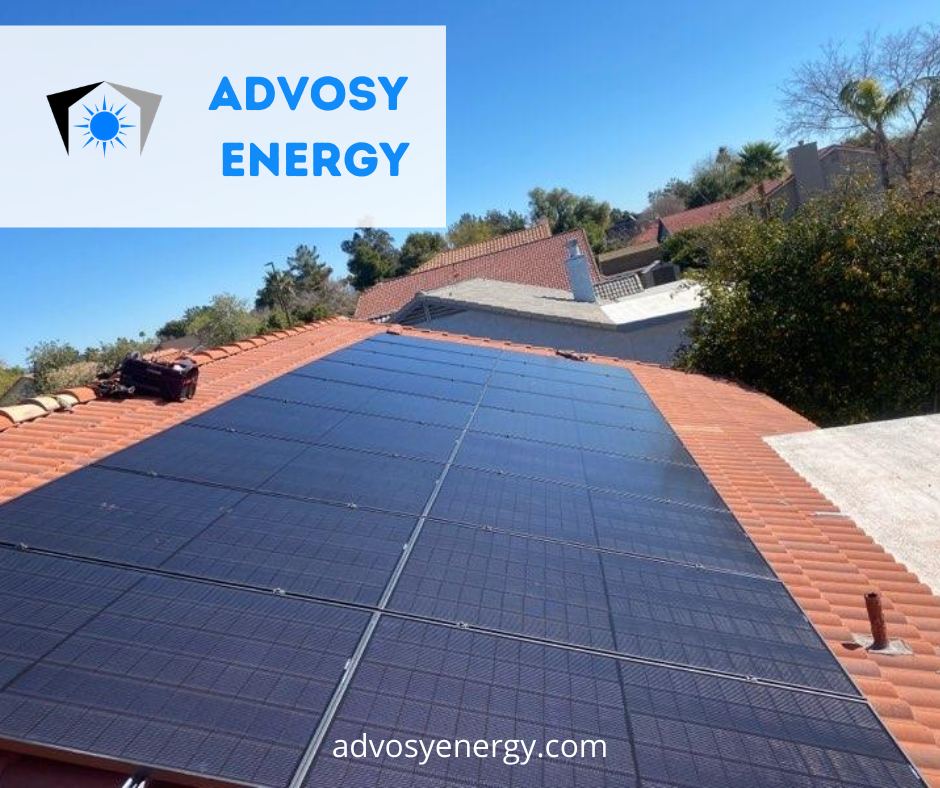Installing Your Own Solar Panels? First, Check This Checklist
Solar power installations are becoming increasingly simple and you'll be amazed by the number of do-it-yourself (DIY) assistance that is available. Two good examples of DSIRE include PVWatts (and the Database of State Incentives to efficient and renewable energy). PVWatts, an online calculator, can help you determine the size of a solar electric plant based upon the location and orientation of your residence. It also considers the angle and the shape of your roof. This tool is utilized by solar experts, however, it is accessible to anyone at no cost. DSIRE maintains a complete and up-to-date listing of rebates and tax breaks to help renewable energy sources in all parts of the country. It's completely free and easy to use.
These two sources alone can help homeowners answer the two most common queries they ask about solar power. How large of a system do I need? and what type of system do I need? What's the cost and how much will it cost me?
There are many solar equipment providers that offer DIY-oriented services. They provide technical and purchasing support. It is also not illegal for homeowners from hiring a solar professional to assist them with specific areas of their projects, like determining design requirements as well as selecting equipment and filing permit applications.
Install Solar Panels on Your Own
Are there any options for me to Install My Own PV (Photovoltaic) System? A Checklist for Do-It-Yourselfers
It's time for the litmus test that will determine whether you're better off as an amateur solar installer or hire professional help. You will need to decide whether you're going to obey the regulations of the local authority (most likely the township, your county, or state), or the laws of your utility company. They may both require that your solar panel installation in Scottsdale is done by certified experts. This is also the greatest time to confirm that your project won't be prohibited by your zoning department and historic district requirements or your homeowner's association.
- Both your local building authorities and your utility provider permit installation by yourself.
- Installation requirements for amateurs are reasonable and are acceptable. Certain authorities might require non-professionals to pass exams that prove the basics of electrical and domestic installations. But they may not be comprehensive.
- You're willing to take on a lot of rooftop work (those who have ground-mounting systems get a pass). Also, you are able to be properly equipped to stop falls (not just a rope that is tied around your waist). Although you may feel confident dancing on rooftops in the style of Mary Poppins, you should be anchored.
- You can't reside in a historic area However if you live in one and the zoning authority allows solar panels subject to reasonable limits.
- PV systems are regulated by your homeowner's association if you own one (with reasonable restrictions). A small push might be required by your homeowner's association in order to get authorization.
- You have a typical roofing system (asphalt shingles, standing-seam metallic, wood shingles, standard flat roof). If you're dealing with clay tile, slate, clay tile, or concrete roofs, you should consult a roofing contractor. This isn't a big deal in any way.
- Warn: Photovoltaics are extremely harmful and could be fatal. If you're a DIY administrator or installer you should take note of, be respectful of and reduce the risks involved with maintenance and installation. It is important to be aware of the warnings and regulations both in local electrical and construction codes as well as instruction manuals that are available for equipment.
chandler energy
solar power Albuquerque
solar installers Las Vegas
tucson solar company
new Mexico net metering
Advosy Energy
4411 S 40th St Suite D-5 Phoenix, AZ 8540
602-584-8294

